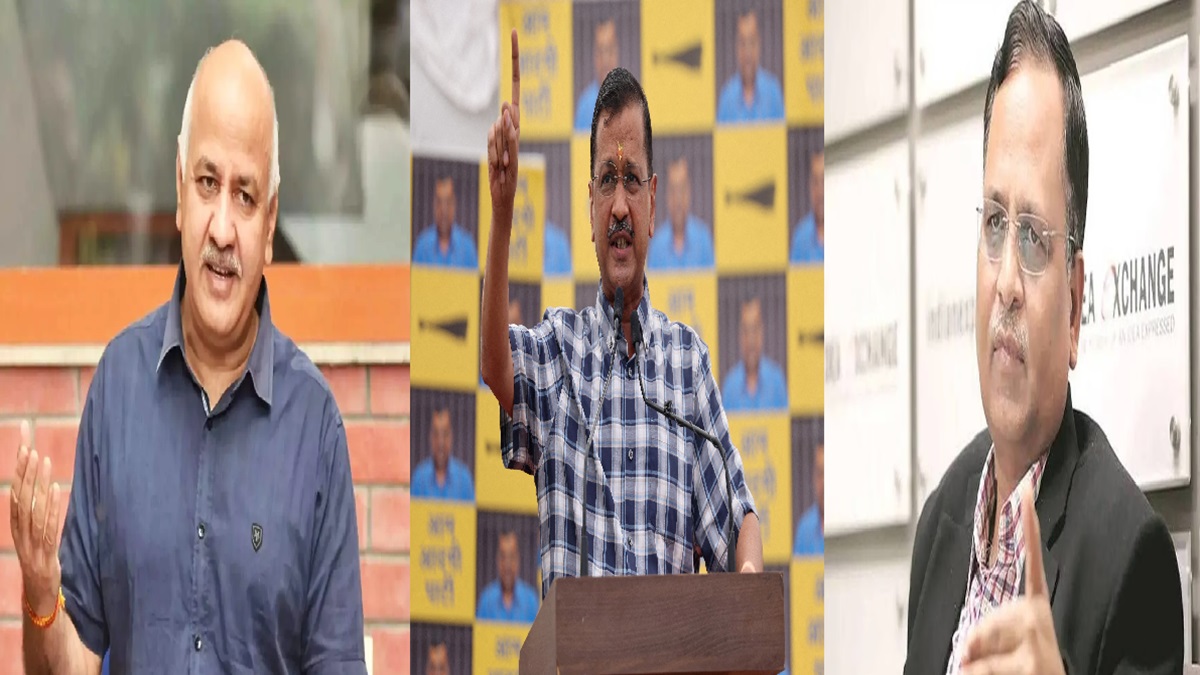 |
|
The 2025 Delhi Assembly elections witnessed a dramatic shift in the political landscape of the national capital, marking the end of the Aam Aadmi Party's (AAP) reign and the beginning of a new era under the Bharatiya Janata Party (BJP). The results were shocking, not only for the BJP's victory but also for the resounding defeats faced by key AAP leaders, including Arvind Kejriwal, the party's national convener and former Chief Minister, and Manish Sisodia, his deputy. This unexpected outcome signifies a profound change in voter sentiment, raising crucial questions about the AAP's future trajectory and the factors contributing to its downfall.
Kejriwal's loss to Parvesh Verma in the New Delhi constituency by over 4,000 votes is a particularly significant blow. Verma, a two-time West Delhi MP and son of former Delhi Chief Minister Sahib Singh Verma, capitalized on the anti-incumbency sentiment and effectively countered AAP's narrative. The defeat underscores the limitations of Kejriwal's charisma and the party's inability to maintain its grassroots support in the face of a strong BJP campaign. Similarly, Sisodia's loss in Jangpura to Tarvinder Singh Marwah, despite a narrow margin of 675 votes, represents a significant setback for the AAP, signifying the erosion of support even in its strongholds.
The defeat of other prominent AAP leaders further emphasizes the scale of the party's loss. Satyendar Jain, embroiled in a money laundering case, lost in Shakur Basti, highlighting the impact of legal battles on electoral prospects. Durgesh Pathak's defeat in Rajendra Nagar by a relatively small margin underscores the intense competition and the changing political dynamics. Saurabh Bharadwaj's loss in Greater Kailash and Somnath Bharti's loss in Malviya Nagar, ending his three-time winning streak, further illustrate the comprehensive nature of the AAP's defeat. The combined defeat of these veteran leaders signals a deeper crisis within the party, requiring a thorough introspection and a re-evaluation of its strategies.
Beyond the high-profile defeats, several other senior AAP leaders also lost their seats, indicating a widespread erosion of support across various constituencies. This comprehensive loss necessitates a thorough analysis of the factors that contributed to the AAP's downfall. Possible explanations include the BJP's successful campaign focusing on national issues and effective counter-narratives to AAP's localized campaigns; a shift in voter preference driven by economic considerations, dissatisfaction with governance, or concerns related to law and order; and the impact of specific local issues or controversies that affected individual constituencies. The AAP's ability to effectively address and overcome these issues will be crucial for its future prospects.
The 2025 Delhi Assembly elections serve as a critical case study in Indian politics. It highlights the dynamic nature of electoral landscapes, the vulnerability of incumbent parties, and the importance of adaptability and responsiveness to evolving voter sentiments. The BJP’s victory signals a change in the political balance of power not just in Delhi, but also potentially within the larger national political arena. The implications for the 2029 General Elections and the future of the AAP remain to be seen, but the 2025 Delhi results provide a valuable lesson in the unpredictability of politics and the need for parties to constantly engage with the needs and aspirations of the electorate.
Source: Delhi Assembly Elections 2025: Arvind Kejriwal, Manish Sisodia among AAP stalwarts who lost
